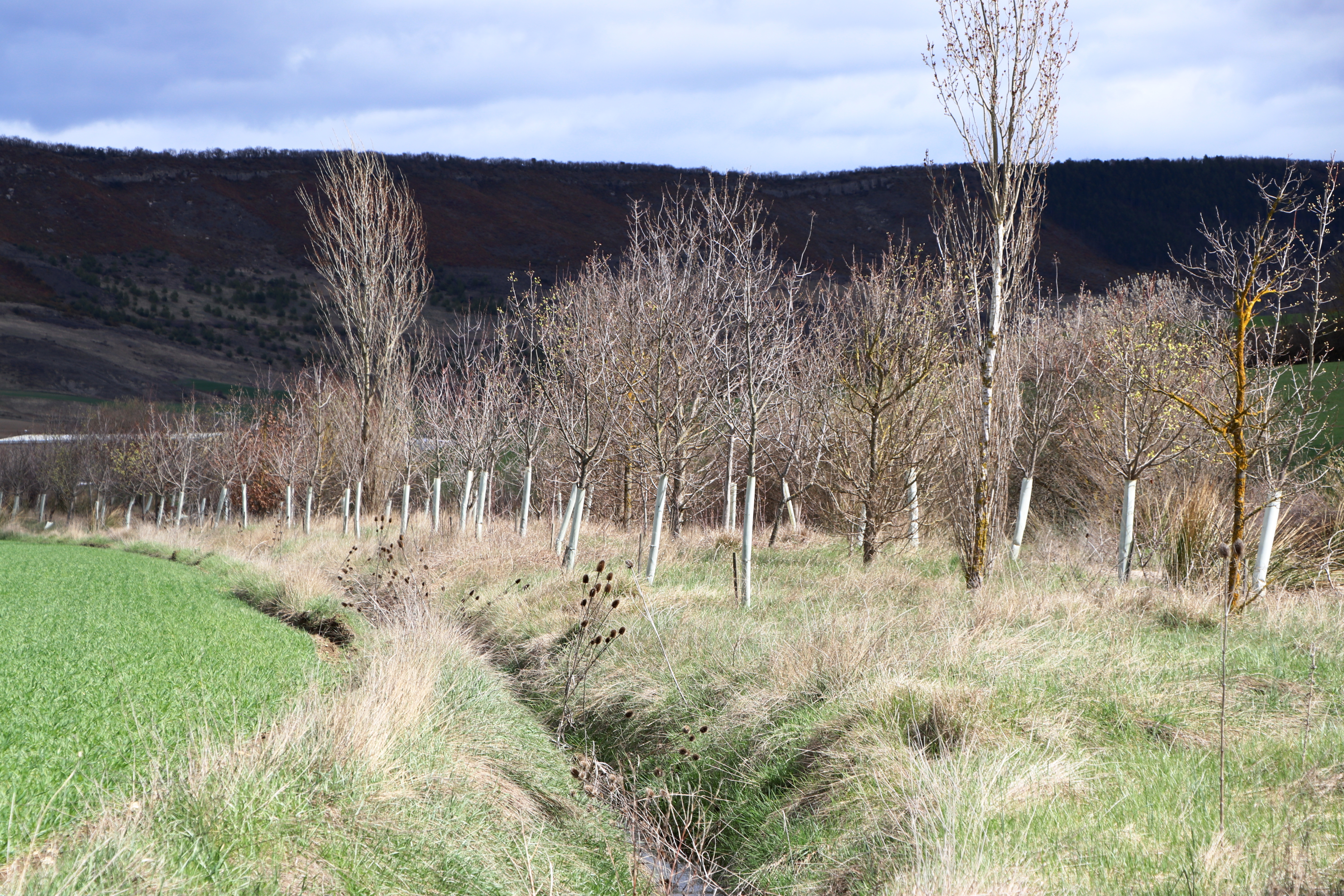The process ended in June 2018, with the presentation by the NELS Network to the Government of Navarra of a document of specific proposals in the field of territorial and urban planning, which may be extended to the whole of the region in the form of Criteria or Technical Planning Instructions, depending on the transposition made by the Spatial Planning and Landscape Service. The fact that the four pilot municipalities are representative of most Navarre's municipalities and are in the four main climatic sub-regions identified in Navarre has guaranteed the transferability of the work.
During the process, minor inconveniences have arisen which, nevertheless, have not prevented the actions from being completed as planned and the objectives from being successfully achieved. Specifically, there was initial difficulty on the part of the agents participating in the training course (including the municipal work teams) in assimilating new concepts and technical aspects relating to climate adaptation in relation to urban planning, as well as difficulty in matching the pace and quality of the work of the different municipal teams at certain times. (In Navarre, most of the small municipalities do not have specific technicians and the planning drafting teams have had varying amounts of time available).
It is important to highlight that the political and technical commitment of the four pilot municipalities to EGOKI has been firm and, despite the difficulties that have arisen at certain times, they have provided solutions and given priority to the project. This, together with the collaborative work scheme and the commitment, also firm, of all the entities that have signed the agreement, has been the main success factor.
As for the development of the specific work on the integration of adaptation criteria in planning, it should be noted that, as this is a new subject, the different technicians have approached the work in different ways, and it has been difficult to compile the conclusions in a common document that should guide the work of all the municipalities in Navarre in the future.
It has been positive to see that the best way to advance knowledge is to learn by doing and by sharing and contrasting what is being worked on, thus demonstrating that the planned methodology has been very valid. It has been fundamental to have different teams working at the same time and supporting each other, because it has always facilitated the motivation of the technicians and prevented them from becoming discouraged due to a lack of confidence in their ability to tackle such a novel task.
During the process, useful data sources have been identified, as well as some gaps in information and specific studies needed to pinpoint climate scenarios, hazards, vulnerability and adaptive capacity of different systems and specific sectors. From this point of view, the process has also been useful to identify available and unavailable information that might be necessary to integrate climate adaptation into land and urban planning, and to convey to the Government of Navarra and Lursarea the need to carry out studies, collect indicators, etc. at the local scale. The positive aspect is that the lack of precise information has made it possible to train the capacity for analysis and decision-making at the discretion of the technicians (expert judgement).
It is worth highlighting once again the close collaboration between all the entities signing the agreement and adding the participation of the Navarre Delegation of the State Meteorological Agency (AEMET), which has also contributed to the project in training and advisory actions.
All the above has highlighted EGOKI as a project that facilitates coordination between public administrations and entities related to climate change, favouring the development of the Navarra Climate Change Roadmap (KLINA).



